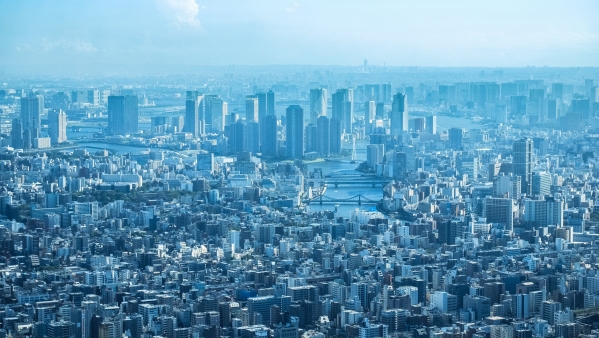
Economic woes fuel pressure on COVID-hit Japanese banks: Fitch Ratings
Asset quality will likely decay faster than estimated, impeding efforts to sustain profits.
More challenges are hounding coronavirus-hit Japanese banks as an economic shock is headed their way, which can deteriorate asset quality and profits, according to a Fitch Ratings report.
A deep global recession is expected this year with Japan’s GDP contracting 2.7%. Slower growth is expected in Asia Pacific markets where Japanese lenders are exposed, putting further pressure on the sector that is already dampened by other structural difficulties, such as negative policy rates, heightened competition, changing client needs, and an ageing and shrinking population.
Based on Fitch’s base case scenario, the challenging operating environment would affect the banks’ credit profiles and profitability, which has been a weakness since before the negative interest-rate policy was implemented in 2016. However, medium-term strategies devised to weather through could lead to ratings differentiation amongst the banks, the report noted.
Asset quality is expected to decay faster than previously estimated, potentially impeding any efforts to sustain profitability, which is already being weighed down by weaker business volumes and low interest rates. In addition, a rise in credit costs anchored by SME loans and other COVID-hit sectors will test lenders’ underwriting management and risk control standards.
“In our opinion, the banks had, until recently, incrementally increased their risk appetite over the past five or more years. However, we had expected that to be largely offset by additional loss-absorption buffers. Their buffers have been, or are likely to be, eroded to varying degrees,” Fitch concluded.
Photo courtesy of Pexels.com.






















 Advertise
Advertise








